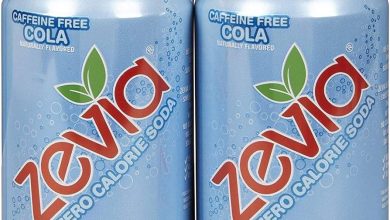Nutritional Information for Nonfat Dry Milk (Without Added Vitamins A and D)
Description: Nonfat dry milk, a versatile ingredient in many culinary applications, offers a convenient way to incorporate the goodness of milk without the added fat.
Nutritional Profile
| Nutrient | Amount per 100g |
|---|---|
| Energy | 362 kcal |
| Protein | 36.16 g |
| Total Fat | 0.77 g |
| Saturated Fat | 0.499 g |
| Carbohydrates | 51.98 g |
| Sugars | 51.98 g |
| Dietary Fiber | 0.0 g |
| Calcium | 1257 mg |
| Iron | 0.32 mg |
| Magnesium | 110 mg |
| Phosphorus | 968 mg |
| Potassium | 1794 mg |
| Sodium | 535 mg |
| Zinc | 4.08 mg |
| Copper | 0.041 mcg |
| Manganese | 0.02 mg |
| Selenium | 27.3 mcg |
| Vitamin C | 6.8 mg |
| Thiamin (Vitamin B1) | 0.415 mg |
| Riboflavin (Vitamin B2) | 1.55 mg |
| Niacin (Vitamin B3) | 0.951 mg |
| Vitamin B6 | 0.361 mg |
| Folate (Vitamin B9) | 50.0 mcg |
| Vitamin B12 | 4.03 mcg |
| Vitamin A | 6.0 mcg |
| Vitamin E | 0 mg |
| Vitamin D2 | 0.0 mcg |
Allergen Information
This product contains milk; individuals with lactose intolerance or a milk allergy should exercise caution when consuming it.
Dietary Preferences
Nonfat dry milk is a suitable option for those looking to reduce fat intake while still benefiting from the nutritional profile of milk. It can be incorporated into various recipes, from baked goods to soups, making it a versatile choice for many diets.
Advice
When using nonfat dry milk, be sure to reconstitute it according to package instructions to achieve the desired creaminess in your recipes. This ingredient is particularly beneficial for those who want to maintain high protein intake without excess fat, making it ideal for smoothies, protein shakes, or as a dairy alternative in cooking.
Conclusion
Nonfat dry milk serves as a practical and nutritious ingredient for health-conscious cooks and bakers alike. Its impressive nutrient profile ensures that you can enjoy the benefits of milk while minimizing calorie and fat intake, making it a staple for any kitchen aiming for wholesome cooking.











